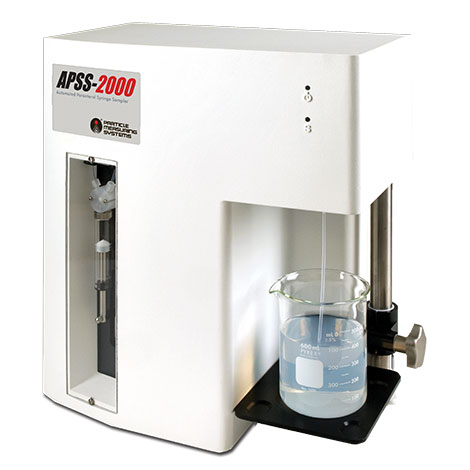
16 Jan How do Particle Counters Work?
counters play a crucial role in maintaining air quality and ensuring the safety and compliance of various industries. In this article, we’ll delve into the working principles of particle counters, their types, applications, benefits, and future trends.
What are Particle Counters?
Particle counters are devices designed to measure and count particles in the air. These particles can range from dust and allergens to microscopic contaminants. The information gathered by these devices is vital in maintaining the desired air quality standards across different sectors.
Importance in Various Industries
Industries such as pharmaceuticals, semiconductor manufacturing, and cleanroom facilities heavily rely on counters to ensure product quality, adhere to regulatory standards, and create a safe working environment.
Types of Particle Counters
There are multiple types of counters working in different industries such as pharmaceuticals, clean rooms, etc. Their functionality relies upon the specific type of these counters. So, before getting into the functionality of counters, we have to pay close attention to understanding their basic types so that it becomes hassle-free to understand how counters work.
Below are some of the major types of counters that are widely used in the different industries:
- Airborne particle counters
- Condensation particle counters
- Optical particle counters
- Liquid particle counter
How do Particle Counters Work?
As mentioned earlier, with different counters working in different industries, we will check the functionality of a couple of counters used. Let’s check them out!
Airborne Particle Counters (Laser Particle Counters)

One of the major counters that is so famous in cleanrooms for keeping the cleanliness maintained to the next level is airborne particle counters. Under this counter, a laser particle counter also works which uses only the technology of the laser. It functions based on light scattering.
It works in such a manner that within this particle counter, there is a laser from which we let a ray of light pass and when the particles of these light rays travel from a beam of laser, there is a dispersion of light in multiple directions. And this is how airborne counters succeed in detecting numerous particles present in the air.
Liquid Particle Counters

Liquid particle counters are used to figure out particles in the field of biotechnology, and the pharmaceutical industry, and more significantly help in examining the environment and the treatment of water.
This liquid particle counter not only works on the principle of light blocking but it also works on the principles of light scattering as our airborne particle counter does. In this method a specific amount of water is allowed to pass through this laser technology, this laser is quite strong and detects every single particle in the liquid sample and spits out the result to the detector.
Applications
Pharmaceutical Industry
In pharmaceutical manufacturing, maintaining a sterile environment is critical. counters ensure that the air quality meets stringent standards, preventing contamination.
Cleanroom Monitoring
Cleanrooms in industries like electronics and biotechnology require constant monitoring of airborne particles. Particle counters play a key role in ensuring these environments remain within specified cleanliness levels.
Environmental Monitoring
From indoor air quality assessments to outdoor pollution studies, counters aid in understanding the impact of particles on the environment and human health.
Choosing the Right Particle Counter
Factors to Consider
When selecting a particle counter, factors such as particle size range, sensitivity, and industry-specific requirements play a crucial role in making the right choice.
Industry-Specific Requirements
Different industries may have unique needs. Understanding these requirements is essential to choosing a particle counter that aligns with specific standards.
Future Trends in Particle Counters
Technological Advancements
As technology evolves, counters are expected to become more sophisticated, offering enhanced accuracy and additional features.
Integration with IoT
The integration of counters with the Internet of Things (IoT) will enable real-time monitoring, data analysis, and remote access, revolutionizing how air quality is managed.
Conclusion
Summing Up the Importance
In conclusion, counters play a crucial role in diverse industries, contributing to quality control, safety, and compliance. With technological advancements and growing awareness, their significance is only set to increase.
Looking for reliable particle counters? Contact 4D Technologies for top-notch products and exceptional service. Buy with confidence!
FAQs
- What industries benefit the most from counters?
Particle counters find significant applications in pharmaceuticals, semiconductor manufacturing, and cleanroom facilities.
- How do optical counters differ from condensation particle counters?
Optical particle counters rely on light scattering, while condensation counters use the condensation of particles for detection.
- Can DIY particle counting devices replace professional-grade counters?
DIY counters are suitable for home use but may lack the precision required for industrial applications.
- What challenges do users commonly face with particle counters?
Accuracy issues and maintenance challenges are common problems users may encounter with particle counters.
- How can industries ensure compliance with regulatory standards using particle counters?
Regular calibration, adherence to industry-specific requirements, and staying updated on regulatory standards are essential for compliance.




Sorry, the comment form is closed at this time.